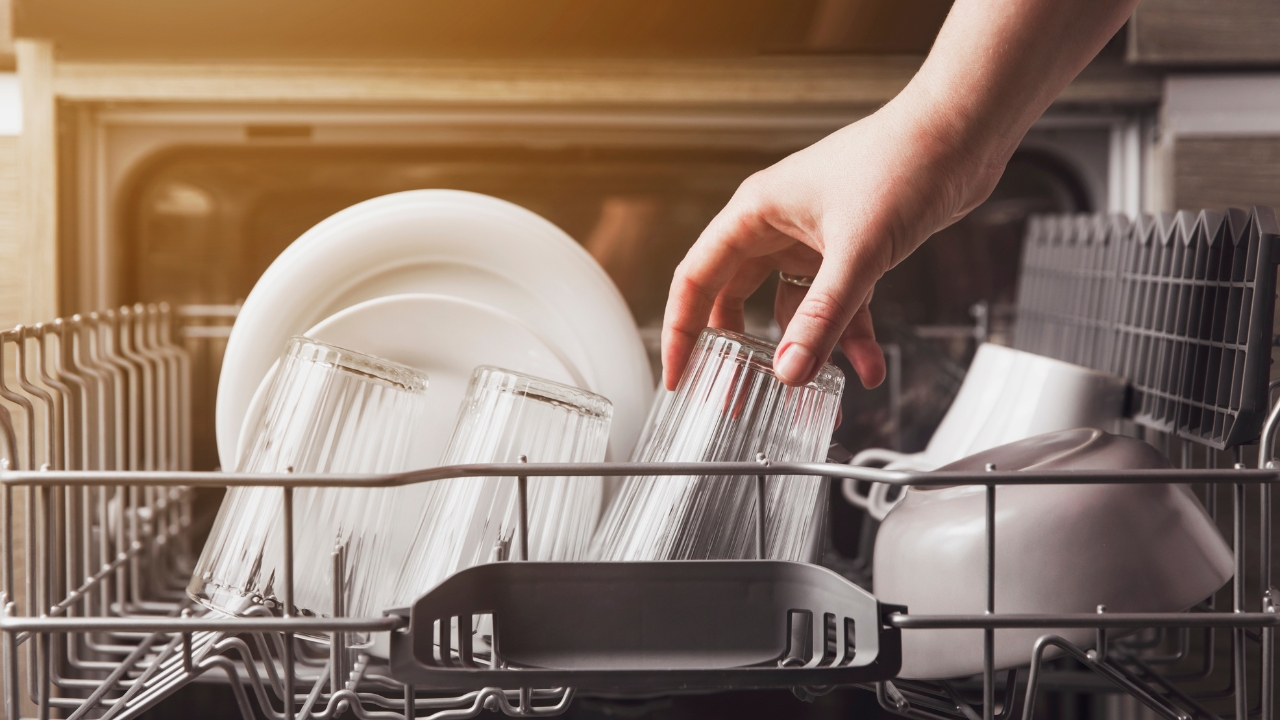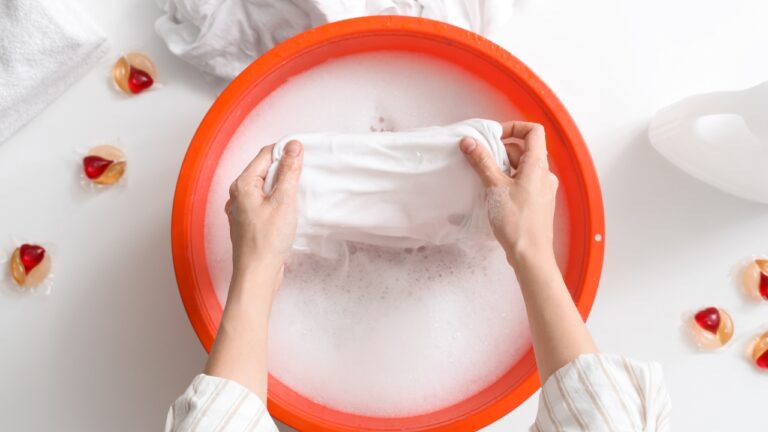10 Things That Shouldn’t Go in the Dishwasher (Even If They Fit)
Some things might technically fit in your dishwasher, but that doesn’t mean they belong there. Hot water, high pressure, and harsh detergent can do more damage than you’d think. If you want your kitchen gear to last—and your dishwasher to stay in decent shape—it’s worth knowing what to leave out.
Here are 10 things you should always wash by hand.
Cast Iron
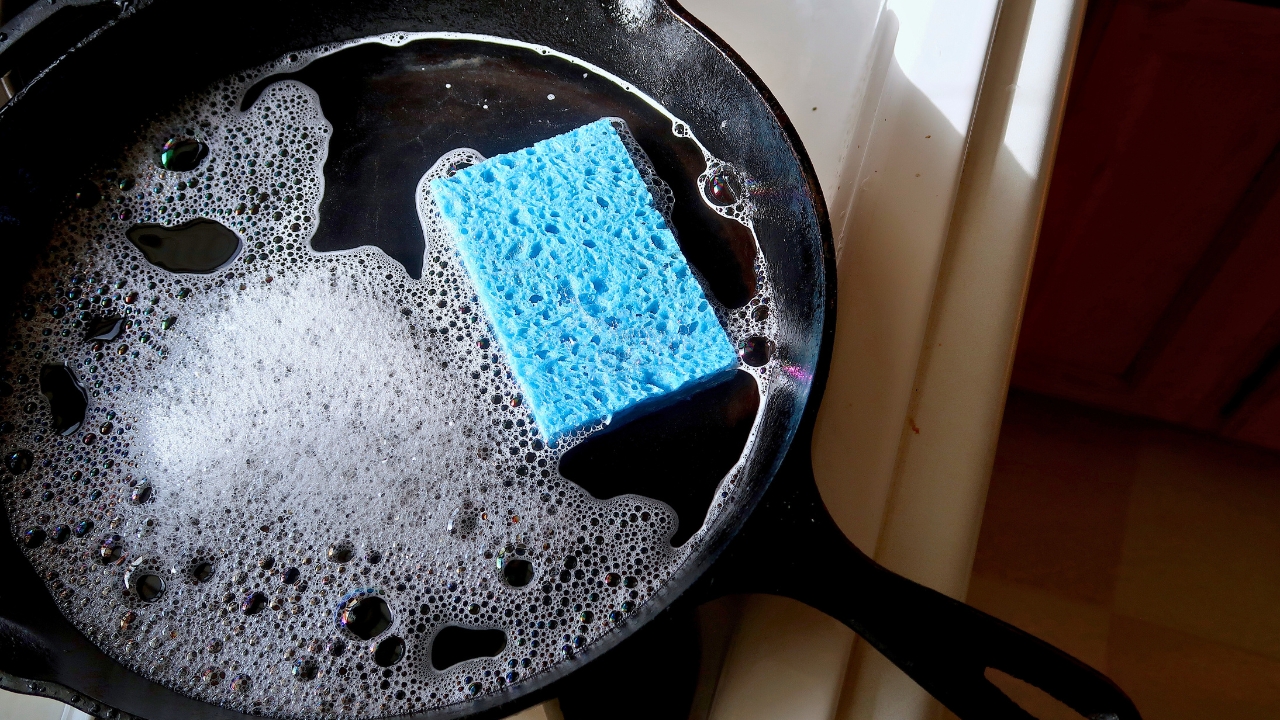
The dishwasher strips cast iron of its seasoning, leaving it dull, rough, and prone to rust. That seasoning layer is what makes your pan nonstick over time, and once it’s gone, you’ve got to start all over.
Even one trip through the dishwasher can cause long-term damage. Stick to hot water and a scrub brush, and dry it right away. If food’s really stuck, boil a little water in it on the stove to loosen things up.
Wooden Utensils and Cutting Boards
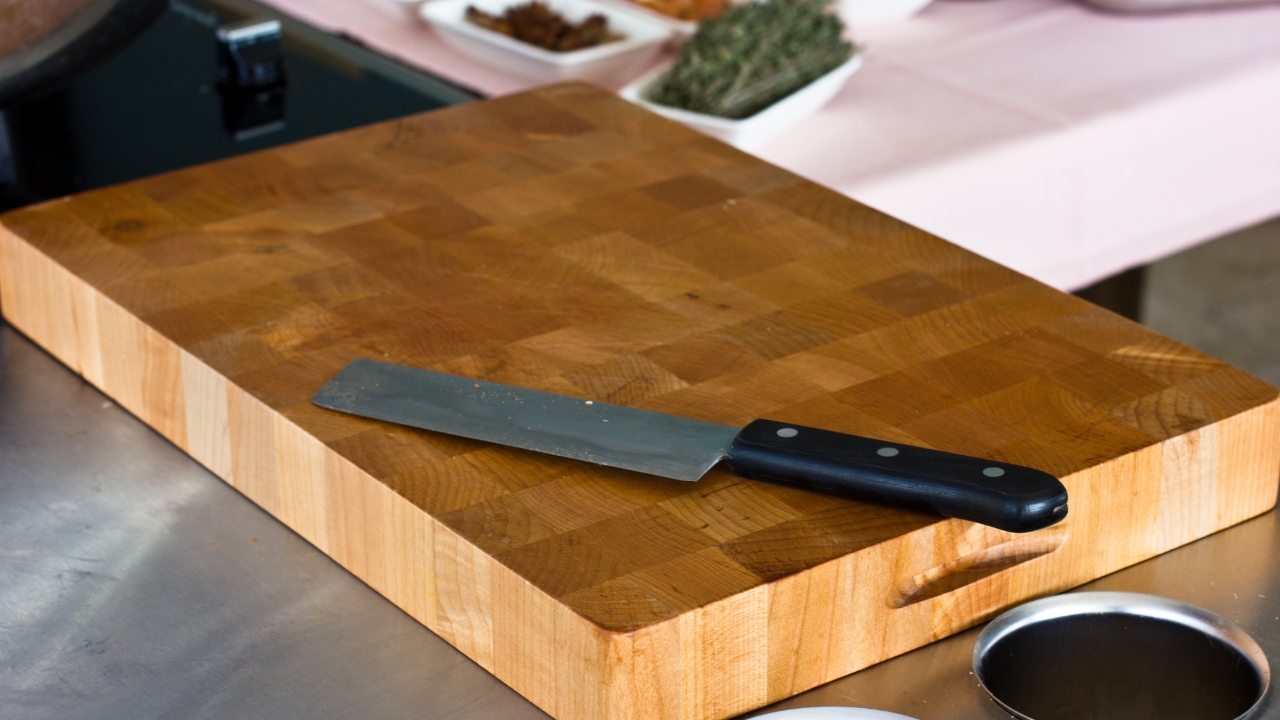
Wood doesn’t handle heat and moisture well, especially not for an entire dishwasher cycle. It’ll start to warp, crack, or split—and once that happens, it’s hard to save.
Even if the damage isn’t obvious right away, repeated washes in the dishwasher can break down the fibers over time. Instead, hand wash with mild soap and dry thoroughly. A quick coat of mineral oil now and then helps keep it from drying out.
Knives You Actually Care About
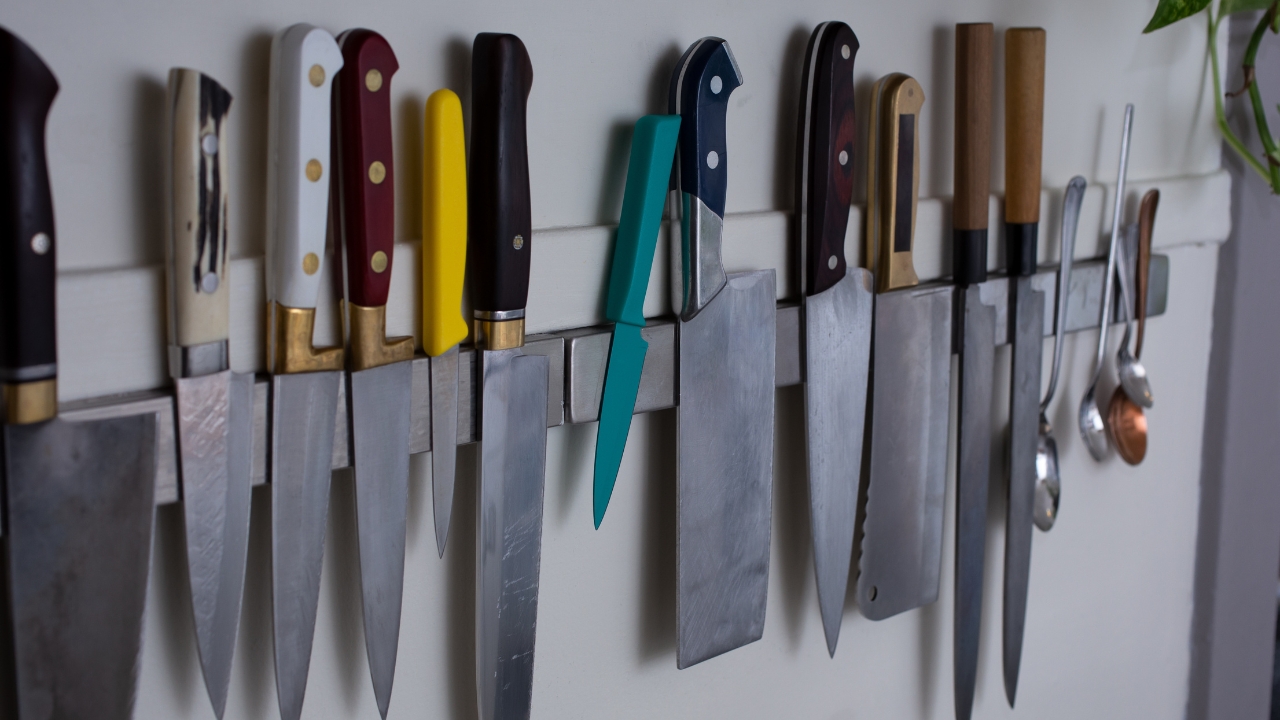
Dishwashers are brutal on knife blades. The high heat and detergent dull the edge, and rattling around during the cycle can chip it too. If your knives aren’t cutting like they used to, this might be why.
Even the handle and rivets can start to loosen up with enough cycles. It only takes a minute to hand wash a good knife, and it’ll keep its edge way longer if you do.
Insulated Tumblers and Travel Mugs
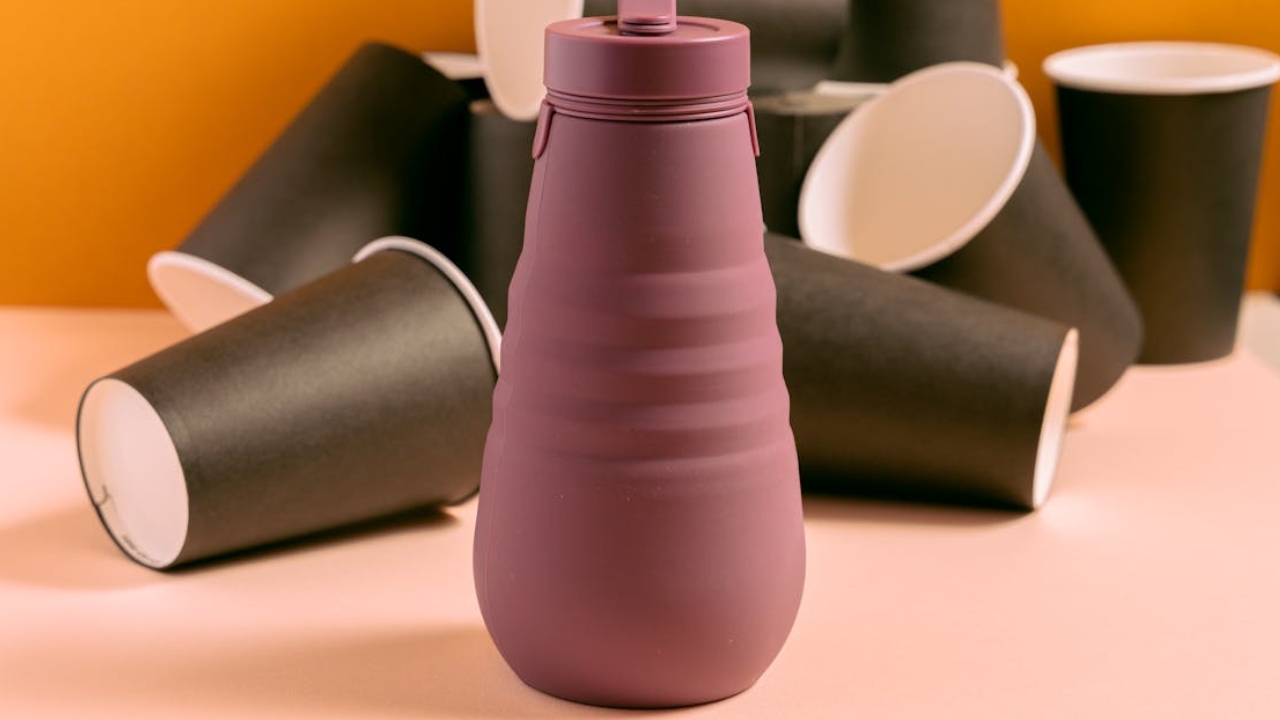
Double-walled cups and tumblers can lose their insulation if water seeps between the layers. Once that happens, they won’t keep drinks hot or cold like they’re supposed to.
Even if it says dishwasher safe, it’s safer to hand wash the lid and body, especially with anything stainless. Pay extra attention to the rubber gaskets on lids—they can trap moisture and get funky if not cleaned and dried properly.
Nonstick Pans
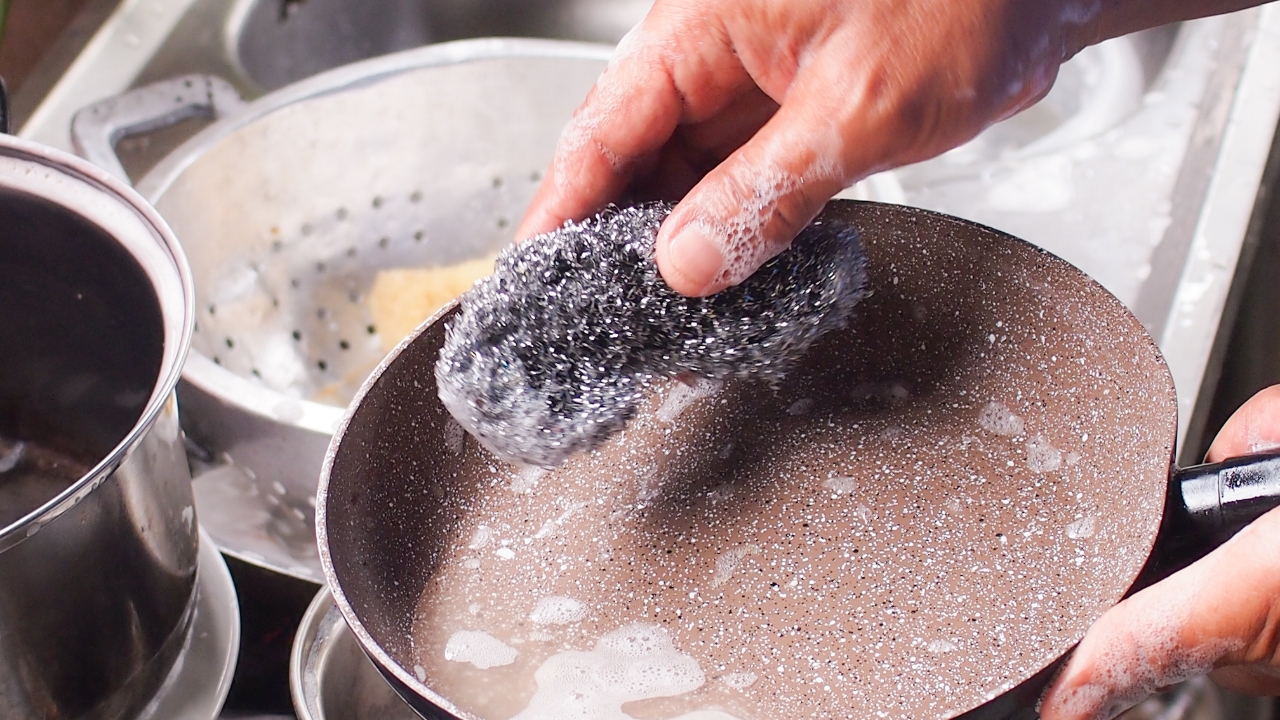
Some nonstick pans claim to be dishwasher safe, but even then, repeated exposure can wear down the coating faster than normal. Once it starts flaking, it’s basically useless—and potentially unsafe.
You’ll get way more life out of your pans if you hand wash them with a soft sponge and avoid anything abrasive. Let them cool completely before washing to prevent warping too.
Aluminum Baking Sheets
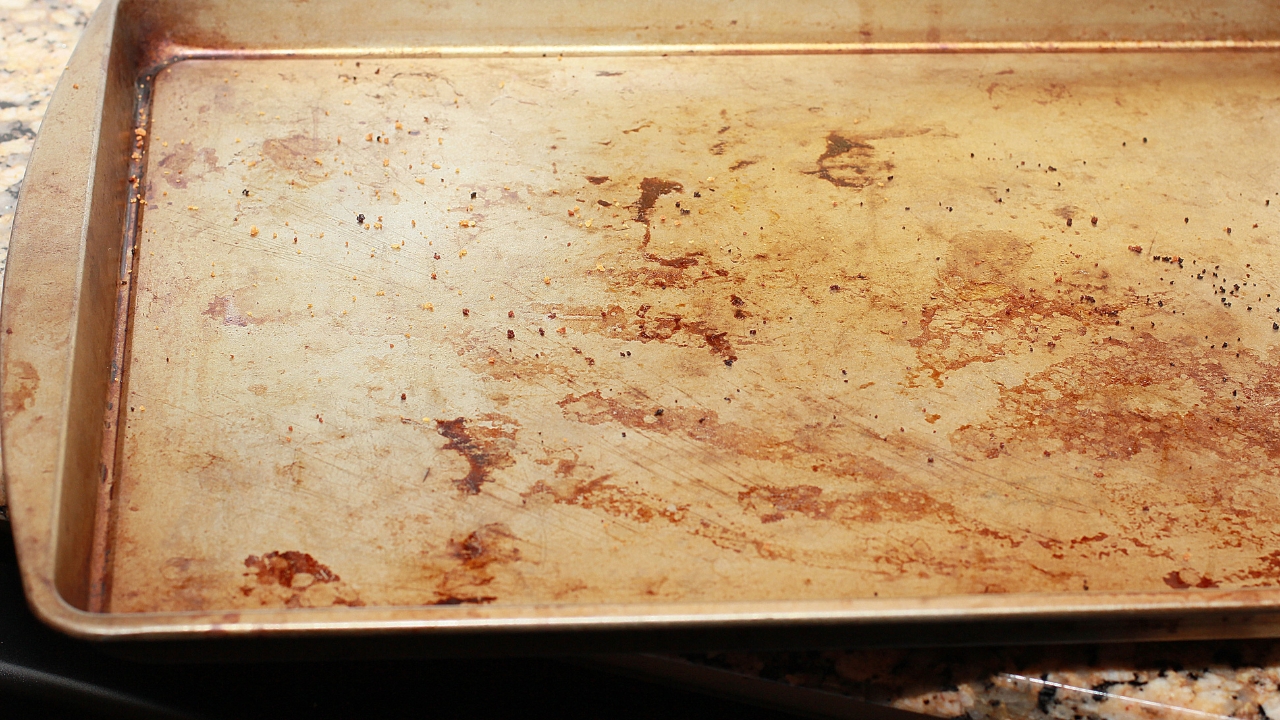
Bare aluminum and dishwashers don’t get along. The detergent can react with the metal and leave it looking dull, gray, or pitted. And once that surface gets rough, it’s harder to clean.
Anodized aluminum holds up better, but even then, hand washing is usually the better bet. A little elbow grease now keeps your pans from getting stained or worn out later.
Plastic Containers with Printed Labels
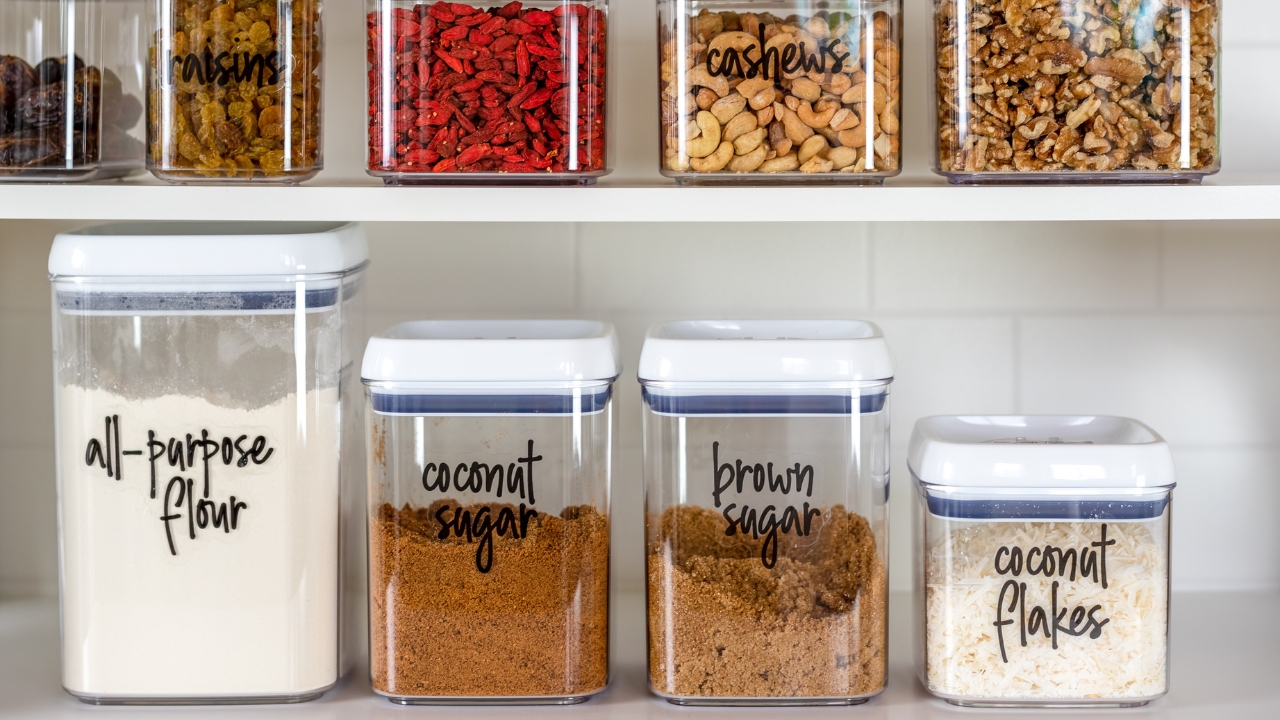
Those printed measurement marks or logos on food storage containers? They’ll fade fast in the dishwasher, especially on the bottom rack. Some plastics also warp when exposed to high heat.
If you want your lids to still fit and your containers to last more than a few months, wash them by hand. At the very least, keep them on the top rack if you’re going to run them through.
Copper or Brass Cookware
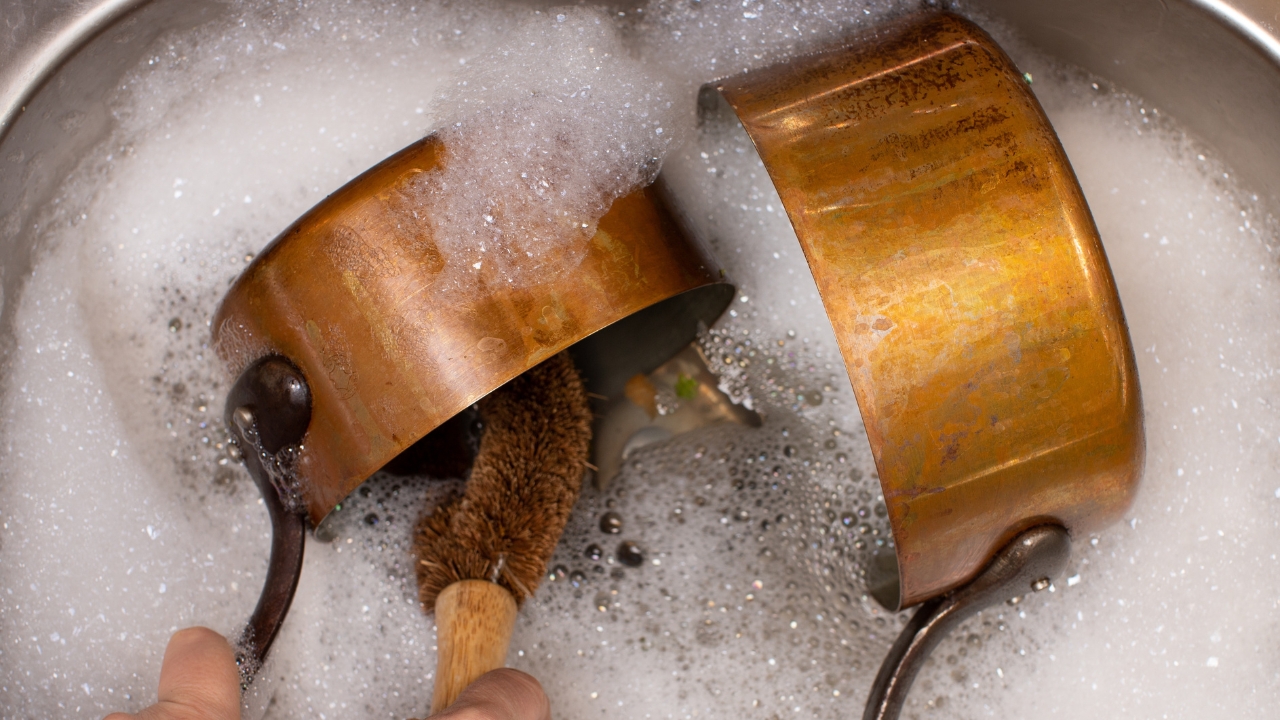
Copper is sensitive to both heat and harsh soap, which can strip the finish and leave it dull or streaky. Brass and bronze react the same way. Even worse, once the protective coating is gone, they’ll tarnish faster.
If you want your copper pieces to keep that nice shine, hand wash them gently and dry them right away. A little polish once in a while helps too.
Pressure Cooker Lids
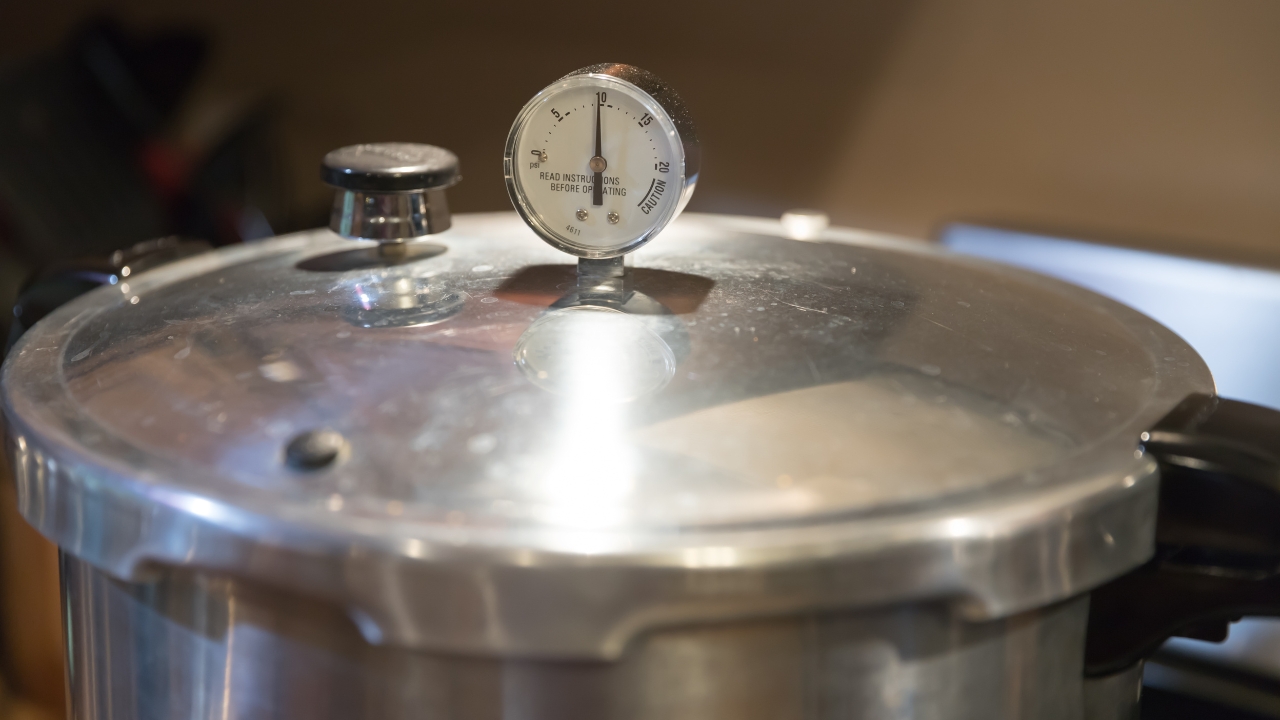
The lid of your pressure cooker has small valves, seals, and other pieces that can easily get clogged or damaged in the dishwasher. One wash might be fine, but over time, you’re asking for a seal failure.
It’s smarter to wash the lid and ring separately by hand and give them a quick inspection each time. That way, you’ll spot wear before it becomes a problem.
Anything With Glue
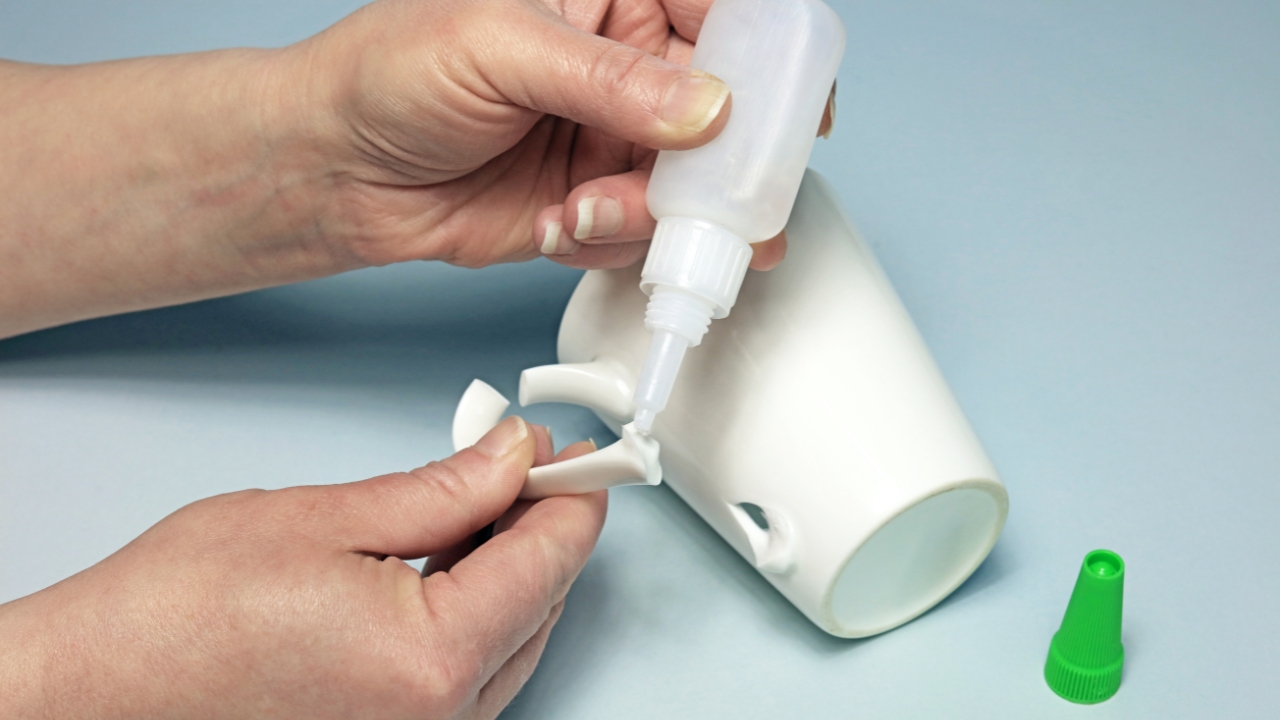
If something’s held together with glue—even if it’s just part of a decoration—it doesn’t belong in the dishwasher. The heat will soften it up, and the spray will wear it away fast.
That goes for mugs with glued-on handles, insulated dishes with glued bases, or any DIY kitchen project. If it’s not solidly built, don’t risk it. Stick to a sponge and some dish soap instead.
*This article was developed with AI-powered tools and has been carefully reviewed by our editors.

